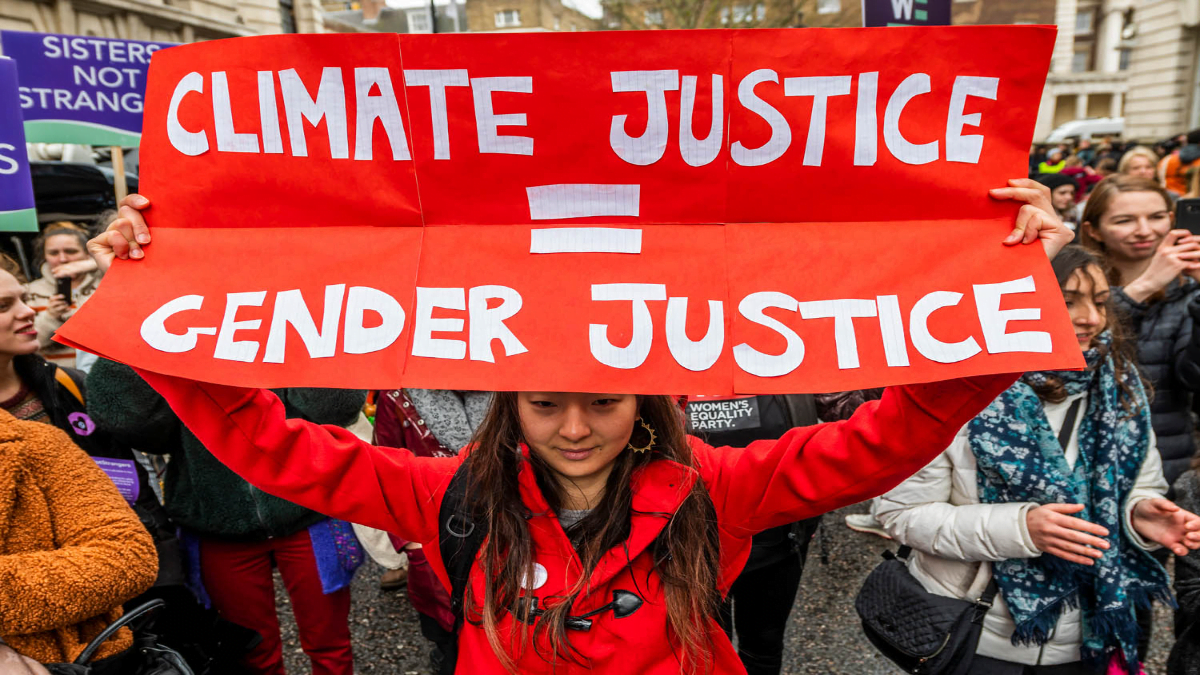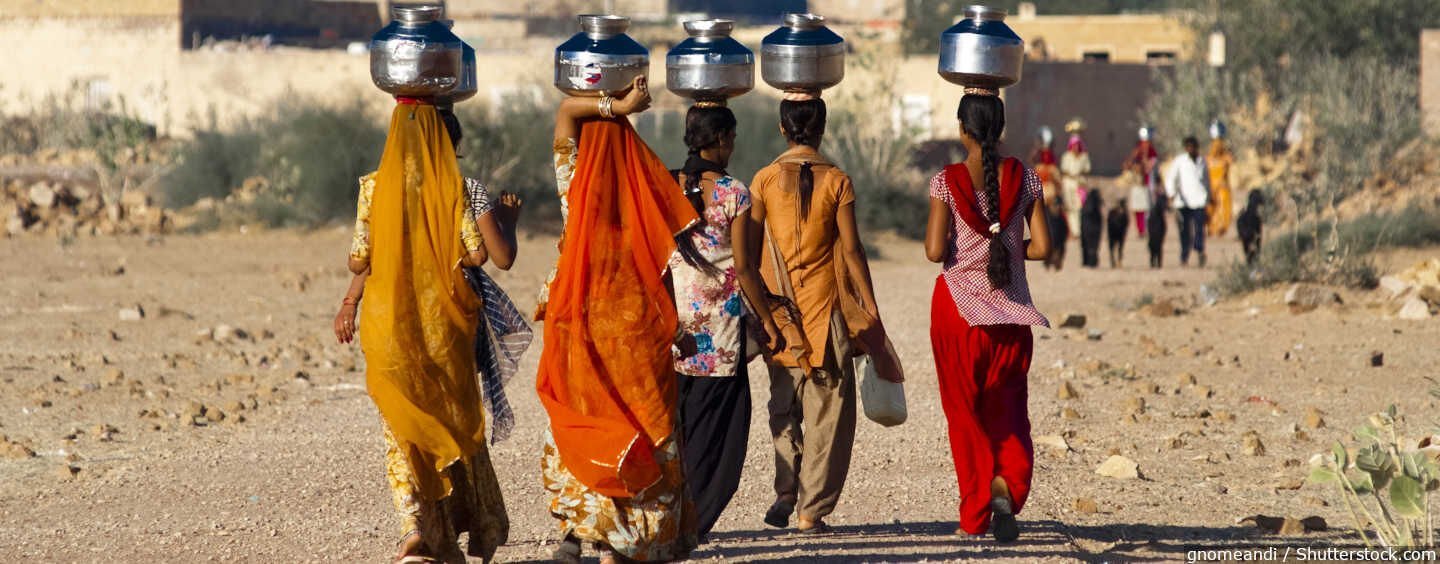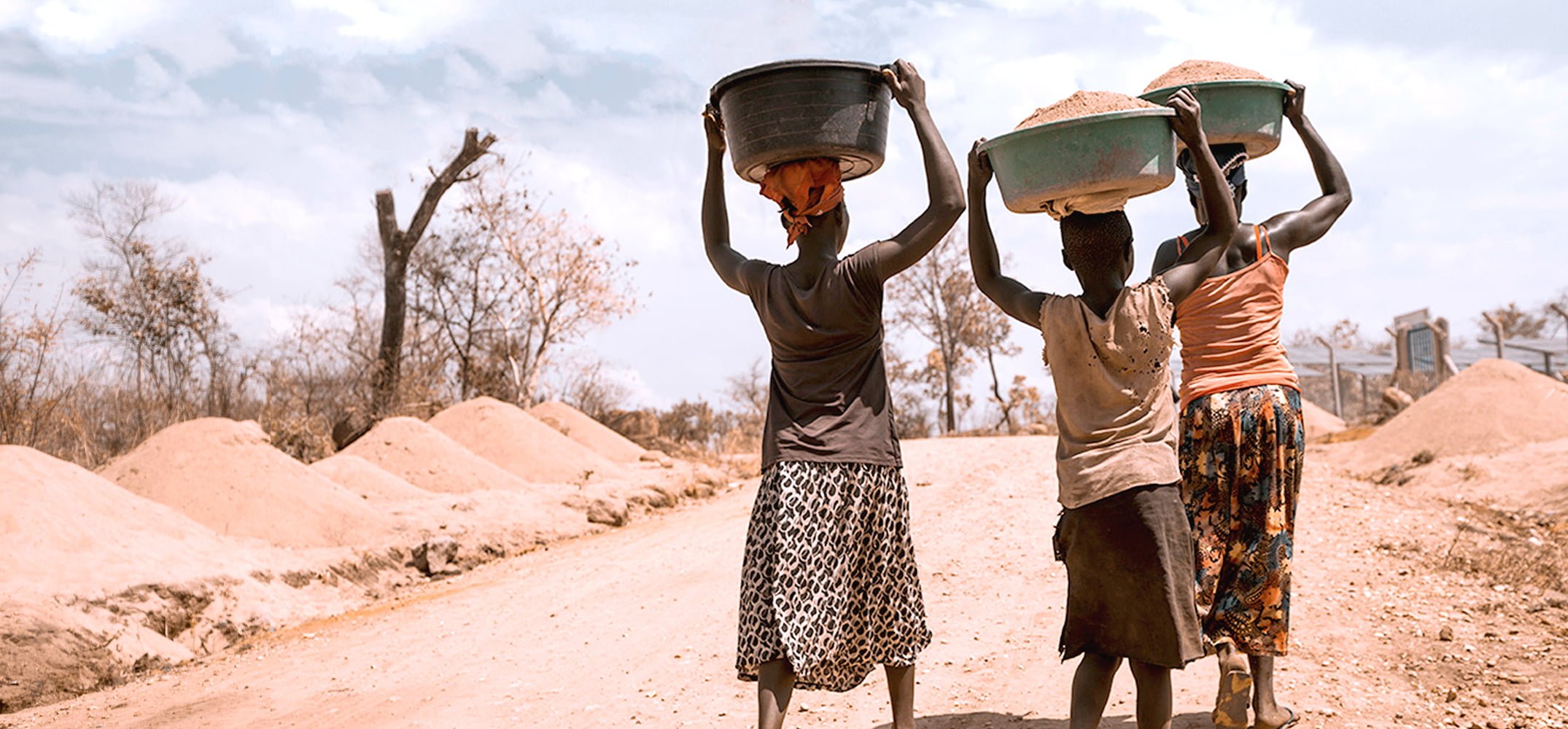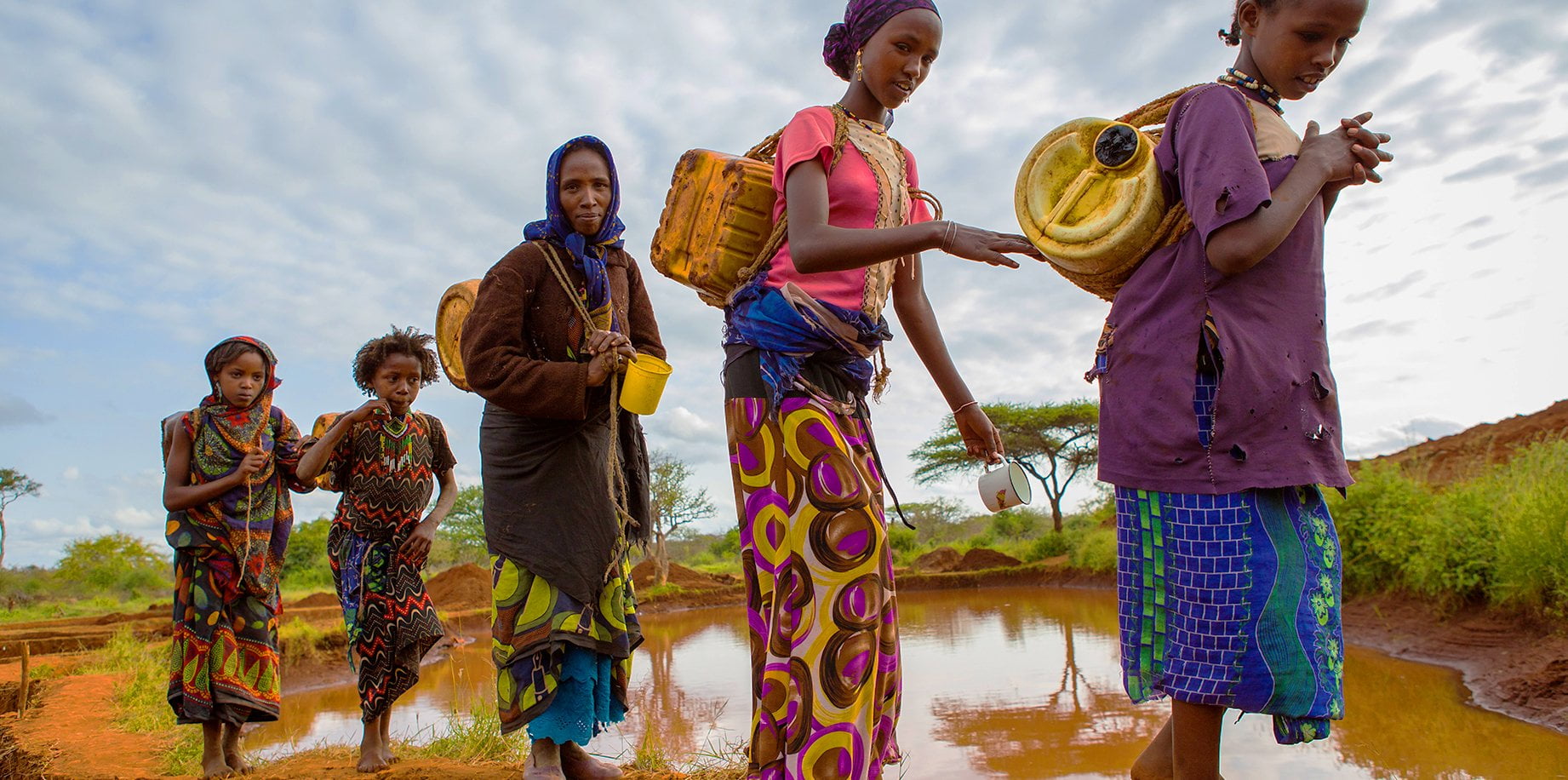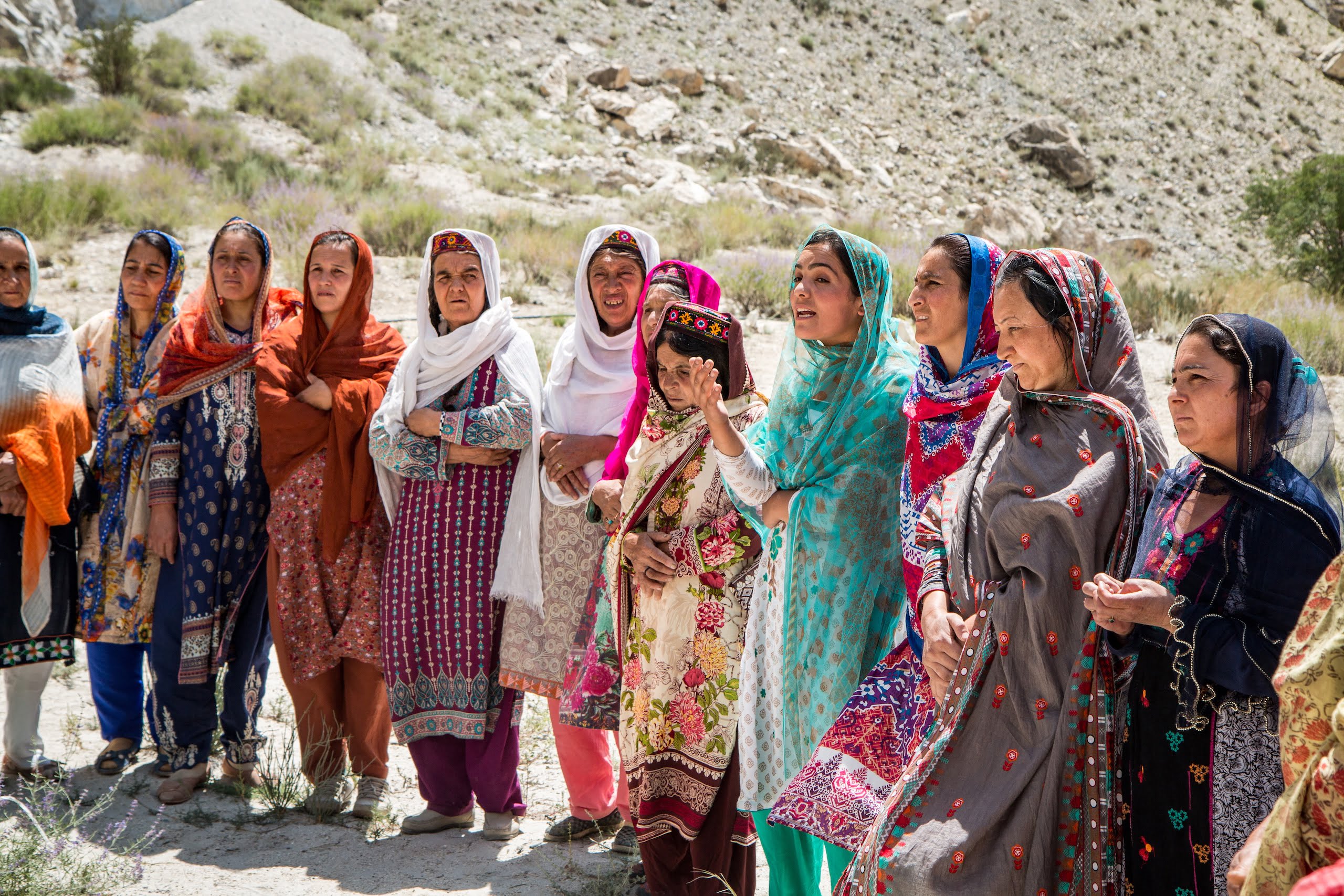Climate change is one of the biggest global challenges of this century. This is jeopardising progress on gender equality and human rights and hindering the achievement of the Sustainable Development Goals. Its impacts vary among regions, generations, age, classes, income groups, and gender. Against this backdrop of rising global temperatures and unfulfilled national pledges, women, girls, and gender-diverse people are mobilising to demand that their voices be heard in decision-making on climate policy.
UN Women recently launched its Feminist Climate Justice: A Framework for Action report at the UN Climate Conference, COP28 Dubai.
UN Women recently launched its Feminist Climate Justice: A Framework for Action report at the UN Climate Conference, COP28 Dubai. The report has sets out a framework for facilitating women’s contribution to climate justice and how this can be implemented in policy.
The report shows how crises around the world, ranging from economic inequality to geopolitical gridlock, are amplified by climate change and have disproportionate impacts on women and girls. It calls for a clear vision of feminist climate justice that integrates women’s rights into the global fight against environmental catastrophe.
The report highlighted that by 2050, climate change will push up to 158 million more women and girls into poverty and lead to 236 million more women into hunger. The climate crisis fuels escalating conflict and forced migration, in a context of exclusionary, anti-rights political rhetoric targeting women, refugees, and other marginalised groups.
According to this UN women report, the vision for feminist climate justice is a world in which everyone can enjoy the full range of human rights, free from discrimination, and flourish on a planet that is healthy and sustainable. To achieve this, economic and social policies will have to be substantially transformed away from the pursuit of growth at any cost and profits for the few.
This report describes how to achieve feminist climate justice through four interlinked dimensions (recognition, redistribution, representation, and reparation) and the principles of interdependence and intersectionality
This report of feminist climate justice is divided into four key areas. This report describes how to achieve feminist climate justice through four interlinked dimensions (recognition, redistribution, representation, and reparation) and the principles of interdependence and intersectionality. It provides practical guidance on what countries need to do to transition to low-emission economies that are resilient to a changing climate, while recognising the leadership of women, girls, and gender-diverse people in driving the change that is so urgently needed. It zooms in on the global food system as one illustration of how this framework can be applied and provides an analysis of the major barriers to accountability for gender-responsive climate action and how they can be overcome.
Recognising women’s rights, labor and knowledge
The report says that Policy needs to prioritise the rights of women and other groups who face discrimination, as it undermines their resilience to climate impacts. Women carry disproportionate unpaid care responsibilities, have fewer economic resources than men, and have lower levels of literacy and access to technology. These inequalities have increased further due to climate change.
Moreover, decision makers must recognise that women can offer unique knowledge and expertise including among indigenous, rural, and young populations. Only if this knowledge is fully taken into account will effective climate adaptation policies be developed and implemented.
Women and girls around the world have been at the forefront of climate activism and have used a variety of methods to protect the environment and push back against damaging extraction projects. Women farmers have also formed cooperatives and groups to share their workloads and increase their productivity and income.
Redistributing economic resources
The second key dimension discussed in this report is, since women are already disadvantaged in economies, in terms of wage gaps, unequal access to jobs, land, technology and education, it is essential to prioritise gender equality in just transitions. Otherwise, women’s inequality will be further entrenched. Reversing climate change will require moving resources away from extractive and environmentally damaging activities, and towards policies that prioritise care for people and the planet.
Governments need to raise resources through progressive taxation on the wealthiest people and companies to pay for social welfare programmes to support women’s resilience.
For example, school-based food programmes are not only able to alleviate some of women’s unpaid care work by supplying children with nutritious food, but can further support feminist climate policy by sourcing meals from small-scale, environmentally friendly women farmers.
Representation of women’s voices
The report says, the dimensions of justice is political and centrally concerned with equal representation. Women human rights defenders and feminist groups are pushing for gender equality to be integrated into environmental policymaking at all levels. But they are often excluded from power.
Research shows that women’s representation in parliaments is associated with stronger environmental policies, but globally, women only hold around one quarter of seats. Despite the fact that women have been at the forefront of environmental activism for decades, women make up only 15 per cent of environment ministers at the national level.
While women’s participation in national delegations to the UN COP climate conferences rose from 30 to 35 per cent from 2012 to 2022, the proportion of delegations headed by women declined slightly from 21 to 20 per cent over the same period.
Repairing inequalities and historical injustices
The report says that Financial commitments to fight climate change must focus on the people and countries most at risk. Since 1850, countries in the global north have been responsible for 92 per cent of the world’s excess emissions, creating a huge climate debt.
Since 1850, countries in the global north have been responsible for 92 per cent of the world’s excess emissions, creating a huge climate debt.
To address that imbalance, the report calls on wealthy countries to meet their commitments to finance climate programmes and ensure that funds go to the most vulnerable countries and grassroots women’s organisations. Only 3 per cent of climate development aid prioritises gender equality. Polluting corporations need to be taxed and regulated to prevent future harm to the climate.
Based on the findings of the Intergovernmental Panel on Climate Change (IPCC) it is evident that people who are already most vulnerable and marginalised will experience the greatest impacts. The poor, primarily in developing countries, are expected to be disproportionately affected and consequently in the greatest need of adaptation strategies in the face of climate variability and change.
At The COP28 climate conference, as well as at all other spaces where climate policies are discussed and implemented, leaders and policymakers must ensure that their responses to environmental challenges also integrate the needs and rights of the world’s women and girls.
The feminist climate justice framework envisions a world where women’s rights, labor, and knowledge are recognised, economic resources are equitably redistributed, collective decisions include all voices, and historical injustices are addressed. Applied to the global food system, the framework advocates for supporting local solutions, empowering women in agriculture, and canceling debt for long-term food security.
The Feminist Climate Justice report’s suggestions are merely the beginning of a global climate response that includes gender-responsive policies. As the world responds to the climate crisis, it is imperative that feminist objectives remain integral.
